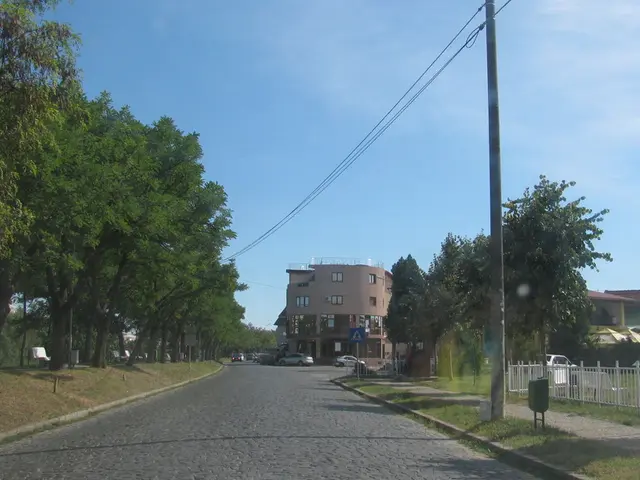Germany's Energy Transition Speeds Up: Coal Down, Renewables Up in 2018
Germany's energy landscape is shifting. In the first three quarters of 2018, coal's share in the energy mix fell by nearly 7%, while renewables surged, powering every household for a year by June. CO2 emissions are set for a significant drop, the largest since the 2009 recession.
Onshore wind led the renewable charge, with solar PV generation up nearly 16%. Natural gas generation also decreased by almost 8%. Offshore wind, once a niche, contributed around 13 billion kWh. Notably, renewables covered at least 38% of Germany's total electricity consumption. Overall, renewable energy generation increased by 3% compared to the same period last year.
Major players driving this expansion include the four high-voltage transmission system operators and around 830 regional distribution network operators.
Germany's energy transition is accelerating. Despite one-off effects, CO2 emissions are falling, and renewables are powering more homes. With major actors pushing expansion, the country is on track for a greener energy future.







